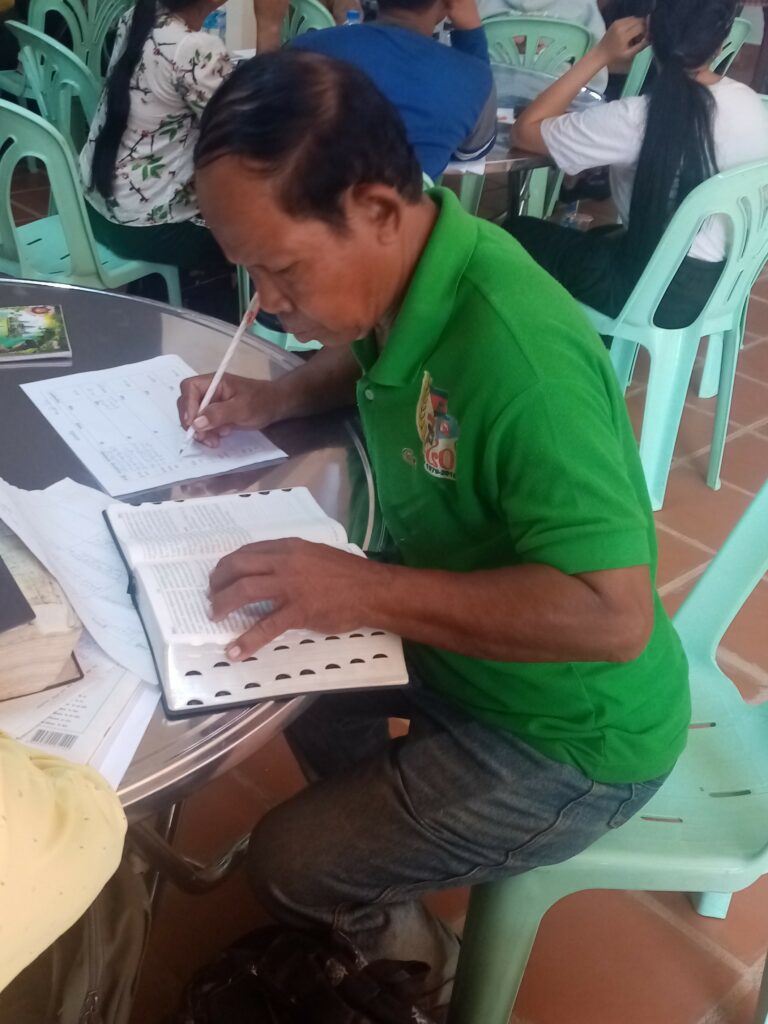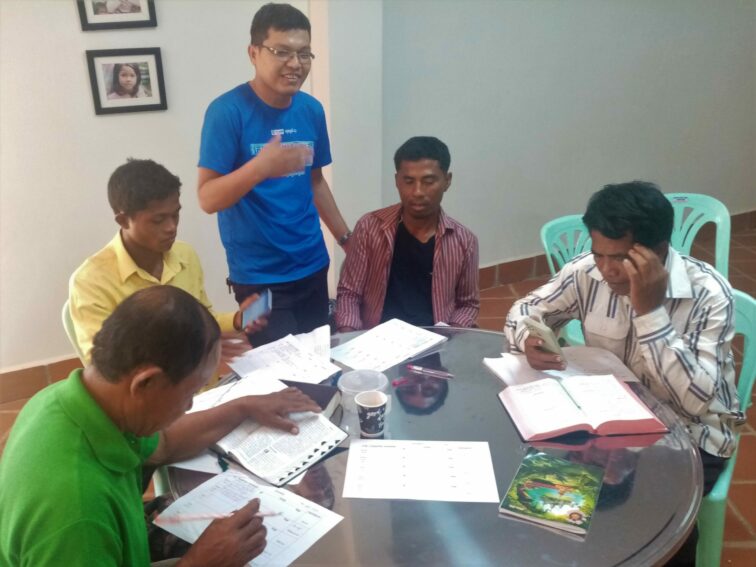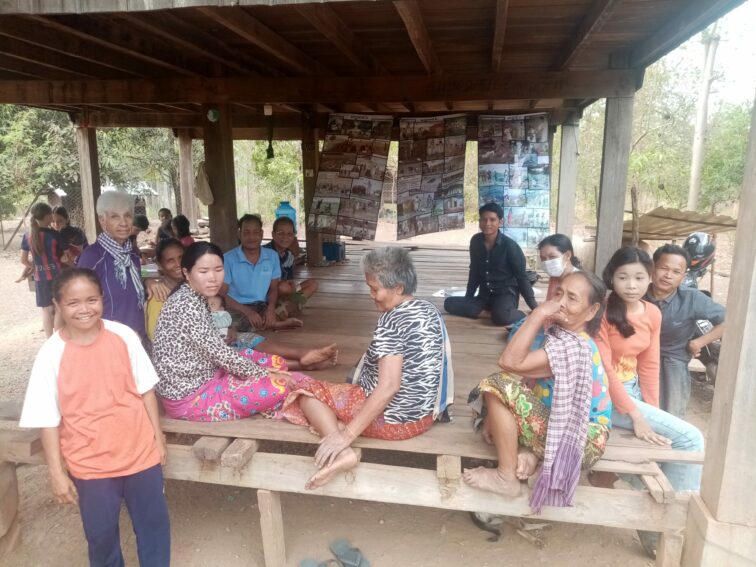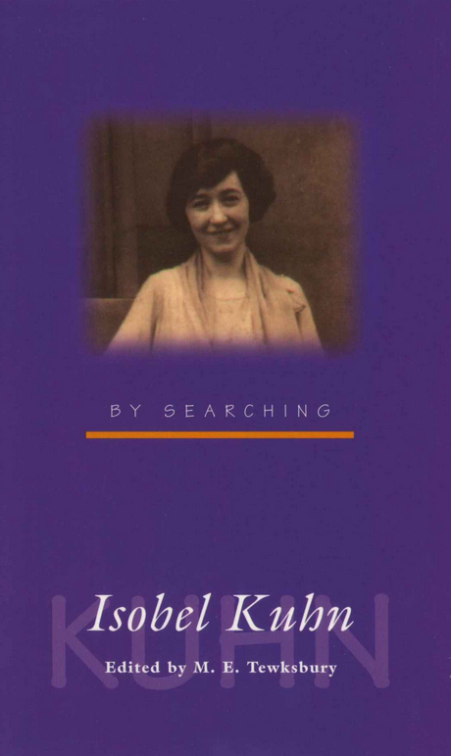Stung Treng Bible school
On April 1, the Stung Treng Bible school completed its fourth one-day session, with more than fifty students in attendance. For me, the most exciting part is that about 80% of them are completing the Bible reading/listening assignments each month. The assignment consists simply of reading approximately ten chapters of the Bible twice (an average of just five chapters per week). But for many of our students, this is no mean accomplishment when you consider Cambodia’s recent history and the challenges facing the education system here. To find someone who is a reader (of any kind of material) is rare, and new Christians naturally bring these habits (or lack thereof) into the church. Add the now-omnipresent magic screen to the mix, and the challenge is formidable. So we spend a fair amount of our energy exhorting and encouraging our students to put down their phones, pick up their Bibles, and just read (or listen, as a number of our students are not yet literate).



Please pray for these brother and sisters.
- Pray for strength to persevere in forming this fundamental habit.
- Pray that they would see much fruit for their labors of reading.
- Pray that our sessions together in which we teach through the assigned passages would itself be a satisfying reward for their labor.
Ratanakiri Pastors Institute
Next week (April 9-12), I will travel two hours east to join my Ratanakiri teammates in teaching Romans 9-11 to seventy church leaders from around the province. Pray for these students also, as they have been fulfilling their own reading requirements (through a very difficult passage of Scripture, at that). Pray that the Lord would meet with both students and teachers, and that these truths regarding the ways and means of God would do for us all, just what they did for Paul, namely, rouse us to reverent worship of our God. Finally, pray for stamina for everyone. Hot season is upon us, so we are slogging our way through some sultry afternoons.
Genuine faith in Na Ong village
Last week, at the urging of a teammate, I finally began reading Methods of Mission Work, by John Nevius, who served in nineteenth-century China for over thirty years. Writing on the consequences of foreign funds in missions, Nevius says,
The general opinion of the Chinese concerning the motive of one of his countrymen who is preaching a “foreign religion,” is that it is a mercenary motive. When he learns that the national preacher is in fact paid by foreigners, he is confirmed in his judgment. What the motive is which compels the FOREIGN MISSIONARY, (a motive so strong that he is willing to waste life and money in what seems a fruitless enterprise) the Chinese is left to imagine. The most common explanation … is that it is a covert scheme for buying adherents with a view to political movements opposed to the state. Of course it is assumed that no loyal national would have anything to do with such a movement. If the Chinese is told that this enterprise is prompted by disinterested motives, and intended for the good of his people, he is incredulous. Simple professions and protestations have little weight with him, in comparison with his own interpretation of facts. Observing that in some of our stations only those who are employed and paid, remain firm in their adherence to the foreigner, while not a few of the others fall back, his opinion is still further confirmed.
The day after reading this, I learned, unsolicited, of the following conversation between Von, the man who hosts our weekly evangelistic meetings at his home, and a Buddhist (we’ll call him Don) he met in a nearby village:
Von: I believe in the God of the Bible.
Don: (interestedly): Oh. So what do you get for believing?
Von: We don’t get anything.
Don: (incredulously): I’ve known other people who believed too. One of them got rice; one got money; another got a job. So, what do you get? What do they give you at your meetings?
Von: (contentedly): Just the Bible. That’s our only reason for meeting each week.

After three years together, our small group (6-10 adults plus lots of kids) has come to realize (happily so) that all we really have to offer them is the Bible. My heart is overflowing with joy. Pray that God would give us more like Von, and pray for the many like Don, that they would think seriously on Von’s simple testimony: “all we get is the Bible.”


While I’m making book recommendations …
In March, Bonnie Ruth and I celebrated our twentieth anniversary with three nights in a small hotel in the next province south. Together we read By Searching, the spiritual autobiography of Isobel Kuhn. Three weighty takeaways for us:
1. This book is for young people, particularly college students. It chronicles events beginning in the 1920’s, but it often has the relevance you’d expect from an contemporary apologetics blog helping students maintain their faith in a hostile university environment.
2. This book is for parents, particularly parents whose children are fighting to keep—or in Kuhn’s case, losing—their faith. Basically, Isobel Kuhn had a praying father, who also enlisted all his friends to pray for and encourage her. And God answered.
3. This book is for Christians who want encouragement and guidance in their personal disciplines of Bible reading and prayer.
Tolle lege
